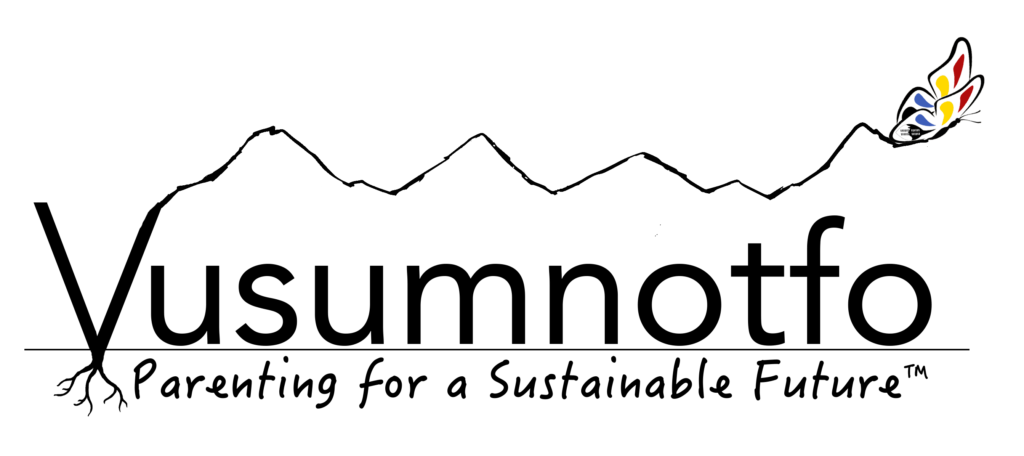Our background – Vusumnotfo is a Swazi Not-for-Profit organization whose formation was authorized by community leaders in northern Eswatini following the 1991/92 drought. These leaders identified “dependency” as the underlying factor limiting sustainable development at community level. They attributed the deep roots of “dependency” to be interwoven issues specific to Eswatini and the region. To reverse this negative cycle of “dependency” in ways relevant to their communities, they formed Vusumnotfo. Accordingly our strategy reflects Eswatini’s many proverbs that the betterment of the future is through the child – “Umntfwana ngumliba loya embili”.
Our rationale is based on a large body of international research, also reflected in this traditional wisdom. During the period between prenatal through the first nine years, a child develops the physical, emotional, language, communication, cognitive, social, and value structures that lay the foundation for their lifetime. Thus children naturally depend on adults to nurture their development and learning needs (dependency). If adults are not able to do so, a child’s development and learning falls behind. Consequently, this child will have limitations to overcome, some of which are insurmountable. Conversely, a child who achieves early developmental milestones and learning standards has the fundamentals for attaining the skills to meet their own needs as adults (independency) and, thereafter, to nurture the needs of the next generation (inter-dependency).
Our goal is to strengthen skills at family and community level in practices that support the development and learning of young children.Advancing the development and learning of young children in turn builds human capacity. Overtime, building human capacity results in communities that are able and willing to improve the environmental, social and economic challenges of their generation. By so doing “parenting” contributes to the wellbeing of this generation, and nurtures the next generation; hence – Parenting for a Sustainable Future.™
Our objectives focus on four inter-related problems restricting children from developing and learning at family and community level in Eswatini. These are: 1) insufficient understanding of how young children develop and learn, and factors that influence this, 2) limited financial management practices, 3) poor nutrition practices, and 4) inadequate infrastructure and management practices.
Our program activities teach participants to use simple, effective, self-reliant and ecological practices to tackle these four inter-related problems at family and community level. As “giving things” can inadvertently further “dependency”, our activity methods are 1) training, 2) structured technical and material support and 3) mentoring; hence our motto – Do what you can, with what you have, now.
The literal translation of Vusumnotfo is “to revive the economy”, however in siSwati “umnotfo’” refers to anything that brings value to the greater good (children, relationships, natural resources, health, surplus….) so “economy” is understood to be broader and deeper than just financial. Thus within the Swazi context “Vusumnotfo” is understood as ‘”reviving all that is needed for the betterment of the future”.
In 2018, the Kingdom of Swaziland’s name was officially changed to the Kingdom of Eswatini (legal notice #80 of 2018).
“Dependency” or “dependency syndrome” is a mindset that encompasses 1) on the one hand adults relying on external means to meet their needs, solve their problems, and on the other hand 2) organizations providing support through strategies not rooted in local realities and timeframes. While all children are born dependent on others to meet their needs, “dependency” refers to when this mindset continues past the normal dependency “ages and stages” of human development.
Sustainable development is development that meets the needs of the present without compromising the ability of future generations to meet their own needs. The 3P’s of sustainable development are: 1)Planet – do no harm to the natural systems; 2) People – holistic development of human capital; 3) Profit – generate a surplus, to reinvest in the people and planet. (Our Common Future 1987)
The 17 communities in northern Eswatini that formed Vusumnotfo (Eswatini Not-for-Profit #RT/7979) – Entfonjeni Inkhundla – Hhelehhele, Lomshiyo, Hhohho (west), Mvembili (west), Ndwandwe, Mshingishingini and Vusweni; Etimphisini Inkhundla – Mvembili (east), Mashobeni, Madelezini, and Ludzibini; Mayiwane Inkhundla – Mkhweni, Mavula, Emfasini, Mkhuzweni and Herefords; and Ndzingeni Inkhundla – Nkamanzi. Area of operation:Population 47,463 people related to 5,932 homesteads (based on the average extended family unit), equals 5% of national population; 30 x 40 Km, equals 7% of land area; 17 Chiefdoms, equals 5% of the Chiefdoms; and 4 Tinkhundla, equals 7% of the 55 national constituents.
Technical and material support, structured to each activity and situation (integrated within a community’s time-plan to complete practical tasks).
